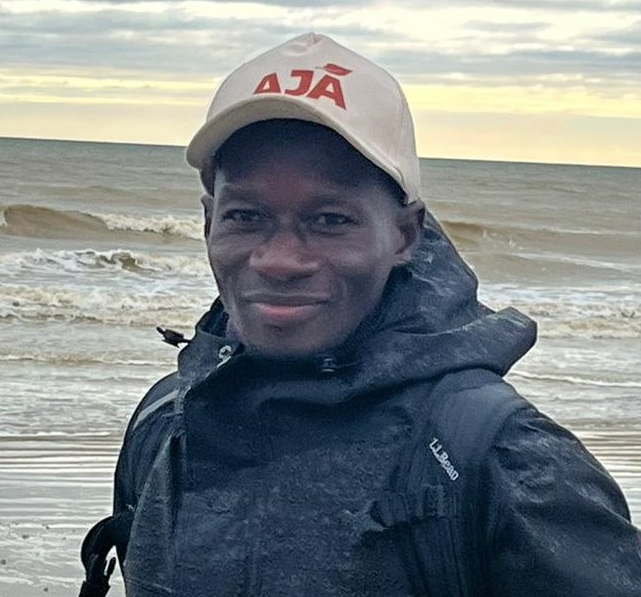
Bawa Sulemana
DPhil Student
Department/institute
- Environmental Change Institute
- School of Geography and the Environment
Bawa Sulemana is an ecologist and doctoral candidate at Oriel College, University of Oxford. He works in the ecology working group of the Leverhulme Centre for Nature Recovery in the Environmental Change Institute.
As an ecologist and conservation biologist, Sulemana has substantial research experience in ornithology, herpetology, and freshwater ecology, and his current research focuses on advancing eco-acoustics, camera trapping and other remote sensing technologies to monitor biodiversity in tropical ecosystems. Sulemana is also a conservation practitioner integrating Indigenous knowledge systems with conventional Nature-based Solutions (NbS) for biodiversity management through Community-led conservation initiatives where Local Ecological Knowledge (LEK), traditional values and practices are employed to manage natural resources. Before commencing his studies at Oxford, he led rewilding initiatives and developed community-based biodiversity monitoring approaches for collaborative resource management in Ghana.
Sulemana’s DPhil research seeks to upscale the use of eco-acoustics for monitoring nature recovery by leveraging Artificial Intelligence to analyze acoustic data. His research will develop and apply unsupervised machine learning models that require minimal labelled data to analyze soundscapes and derive metrics of ecological integrity. Also, by analysing species’ functional structures and energy flows across taxa, he aims to evaluate the effectiveness of various nature recovery interventions in fostering truly resilient ecosystems. In addition, his work investigates approaches to reliably estimate species abundance and density from acoustic data while integrating high-resolution LiDAR and eco-acoustics to map habitat structure and model occupancy and distribution of keystone species.
By investigating the multifaceted dynamics of ecosystem resilience and restoration, Sulemana’s research will contribute valuable insights to both the scientific and conservation communities. His findings in the tropical ecosystem will hold significant value for the broader fields of ecological restoration and AI-driven biodiversity monitoring globally.

